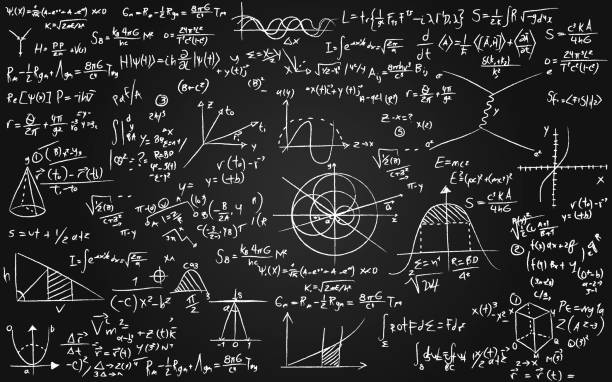My real formal training was in Math. I do have an earned PhD in it and I must say from a reputable university too ( it is now in the top 50 of world rankings). I did have some theological education from a university (not seminary) on Religious Studies where I configured my program to study the Biblical Languages. However, this is only for 2 years or so.
I have more years doing computer science and math studies; probably more than 10+ years all together.
Mathematicians build models. A model is a mechanism, ie a structure whose aim is to describe a phenomena that happens in the world. These models may be composed of objects and if you are an applied mathematician (there are two types, applied and pure - I belong to the latter), it has systems of equations. For pure mathematicians, our models are varied and we use the word 'model' more fluidly. In a nutshell - it will have objects, some rules, it is more abstract - so we have theories - like set theory/number theory/algebraic theory etc etc. What we can do with a model is ask it to predict or we can interrogate it and reason with it and it comes back with an answer.
So let say there is a phenomena P we want to model the said phenomena. Now various mathematicians will approach P in their own style and insight and they will come up with various models. So, we can have several models - we can call them M1, M2, M3 etc. Now which one should we choose?
Well, the one you MUST/SHOULD choose is the model that has the most explanatory power. In other words it is the model which is a depiction of the world that explains and reasons about as many questions you can make on it.
There is a famous Christian mathematician from Britain, named Prof Dr John Lennox of Oxford. You can hear Lennox saying you should believe in God, why? Because to posit the existence of God explains our world, our life, death, existence etc It provides the highest explanatory power besides it also common sensical to believe God exists too.
We can apply this in theology. For example we have the Bible and the world. We draw theology from the Bible - these theologies work like the mathematician's models. We can look at these theologies as models - they offer an explanation what is being described by the Bible in relation to the world.
So, which theology should we work from? Well, the one that offers the highest explanatory power within the confines of Scripture. In Christianity there are many schools of thought, Calvinism, Arminianism, Lutheranism, those w no school name, Covenantal Theology, Testamental Theology etc - you name it.
Which one should one take seriously? The one that produces and describes extensively the Biblical data.
But note, Justification By Faith Alone - is the hub all of one's theology. When the central article of the Christian faith is weakened or results in an assault, something went wrong.
Personally, I worry less on Systematic Theology, I prefer and give priority to Biblical/Exegetical Theology.

